11. 20. 2024
Do I have to declare if I wrap my car?
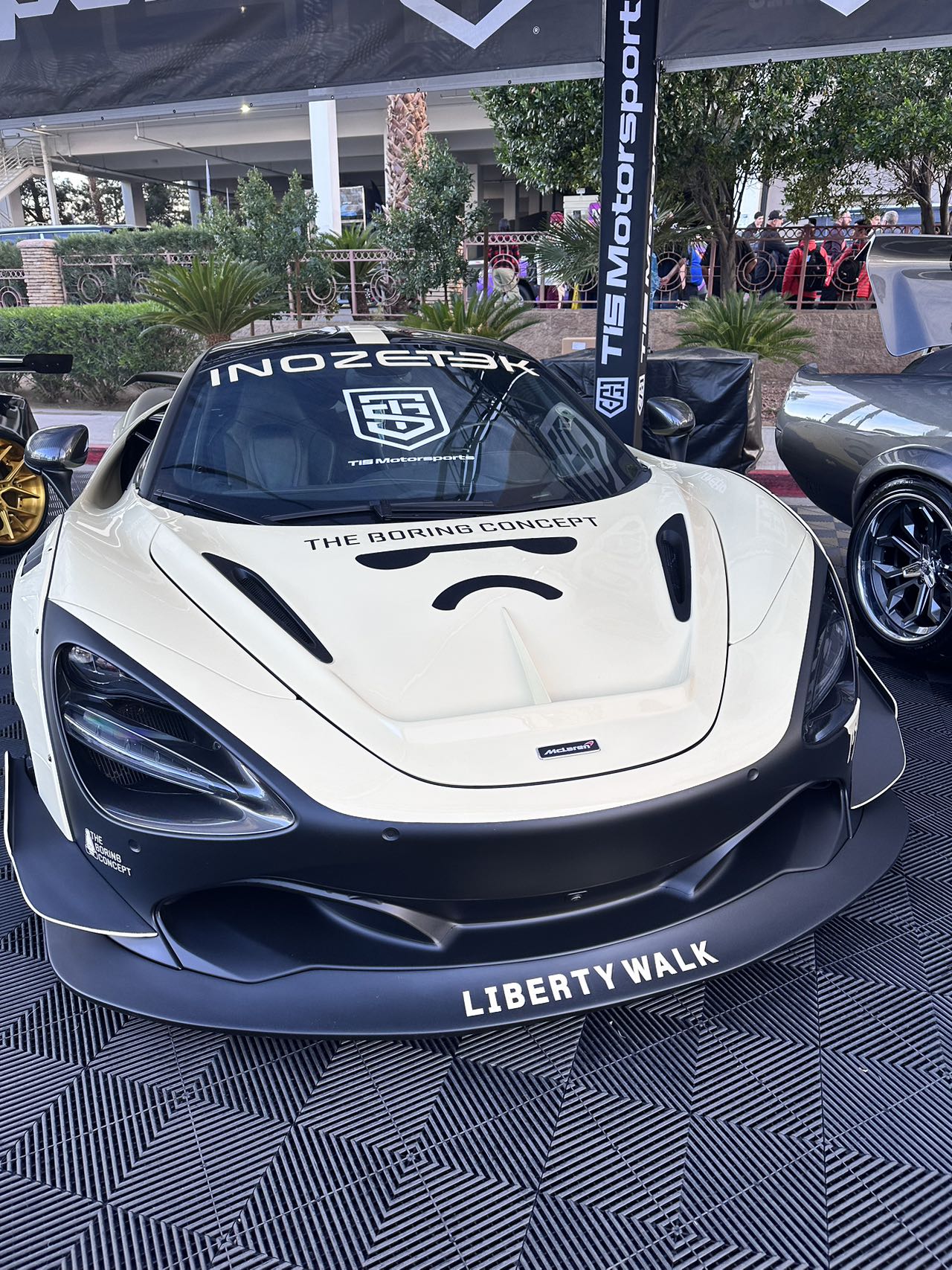
Wrapping your car can be a fun and affordable way to give it a fresh look. Many car owners wonder if they have to report the wrap to insurance companies or authorities. This article will examine the legal and practical aspects of declaring a vehicle wrap. It will provide you with all the information needed to make an educated decision.
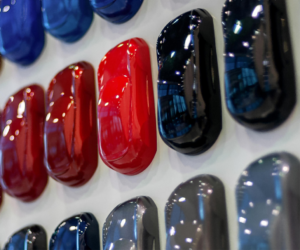
Understanding Car Wraps
The exterior of your car can be wrapped with a thin vinyl film that is adhered to it. This allows you to change the color, add designs or protect the original paint. A car wrap can be easily removed, unlike traditional paint which is permanent.
Legal Considerations
Local Regulations
- Check local laws: State or country-specific rules and regulations can differ when it comes to car modifications. This includes wraps. Check local laws for compliance. In some regions, you may be required to declare or register any major changes made to the appearance of your vehicle.
- Visibility Standards: Make sure that the wrap doesn’t obstruct your visibility through windows and mirrors. To ensure driver safety, many jurisdictions have stringent standards for window tinting.
DMV Registration
- Title and Registration:In some states you may have to update the title and registration of your vehicle to reflect its new color or appearance. Consult your local Department of Motor Vehicles for any specific requirements.
- Temporary Permits:Some states issue temporary permits to custom or modified cars. This may be required if you intend to drive the wrapped vehicle immediately after installation.
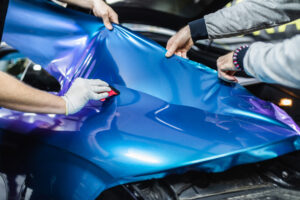
Insurance Considerations
Please notify your insurance provider:
- Insurance Terms: A car wrap may be considered cosmetic, but it is a good idea to inform your insurer about the modification. Certain insurance policies require that you declare any modifications made to your car.
- Insuring your coverage and premiums: By informing your insurance provider, you can ensure that your policy is valid and that it will cover any damages or accidents. The wrap can be taken into account when calculating insurance premiums in some cases.
Comprehensive Coverage:
Your car wrap could be covered if you have comprehensive insurance. This includes damage caused by events such as hail, vandalism or theft. It’s best to check with your insurer what coverage is available and if there are any requirements.
Practical Considerations
Documentation:
Keep records: Save all documents related to your car wrap. This includes invoices, receipts and communications with the installer. You can use this to help prove the value or modification of your wrap.
Take before and after photos of your vehicle. These photos may serve as a record for insurance purposes and can be used to document the car’s appearance.
Resale Value:
Potential Impact: A car wrap may enhance your vehicle’s appearance, but it might not increase its resale price. It’s possible that some buyers prefer the original color of the car. Therefore, it is important to think about the impact the wrap could have on your vehicle’s market value.
Removability is one of the advantages that a car wrap offers. You can remove your wrap when you want to sell your vehicle to bring back the original paint. This will attract more buyers.
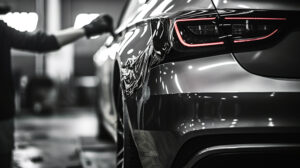
Conclusion
RCWRAP understands the importance of transparency and compliance when it comes time to modify your vehicle. A car wrap can be a cost-effective and non-permanent way to alter the look of your vehicle. However, you should check local regulations before wrapping your car and inform your insurance company.
Contact RCWRAP to schedule a consultation and learn more about the services we offer. Your dream car can be wrapped in no time!
Social Share:


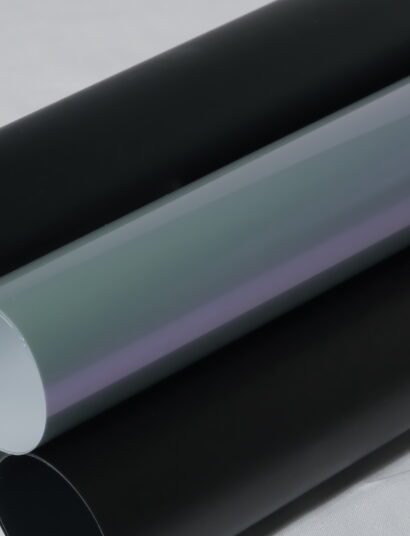
No Comment Yet! You can post first response comment.